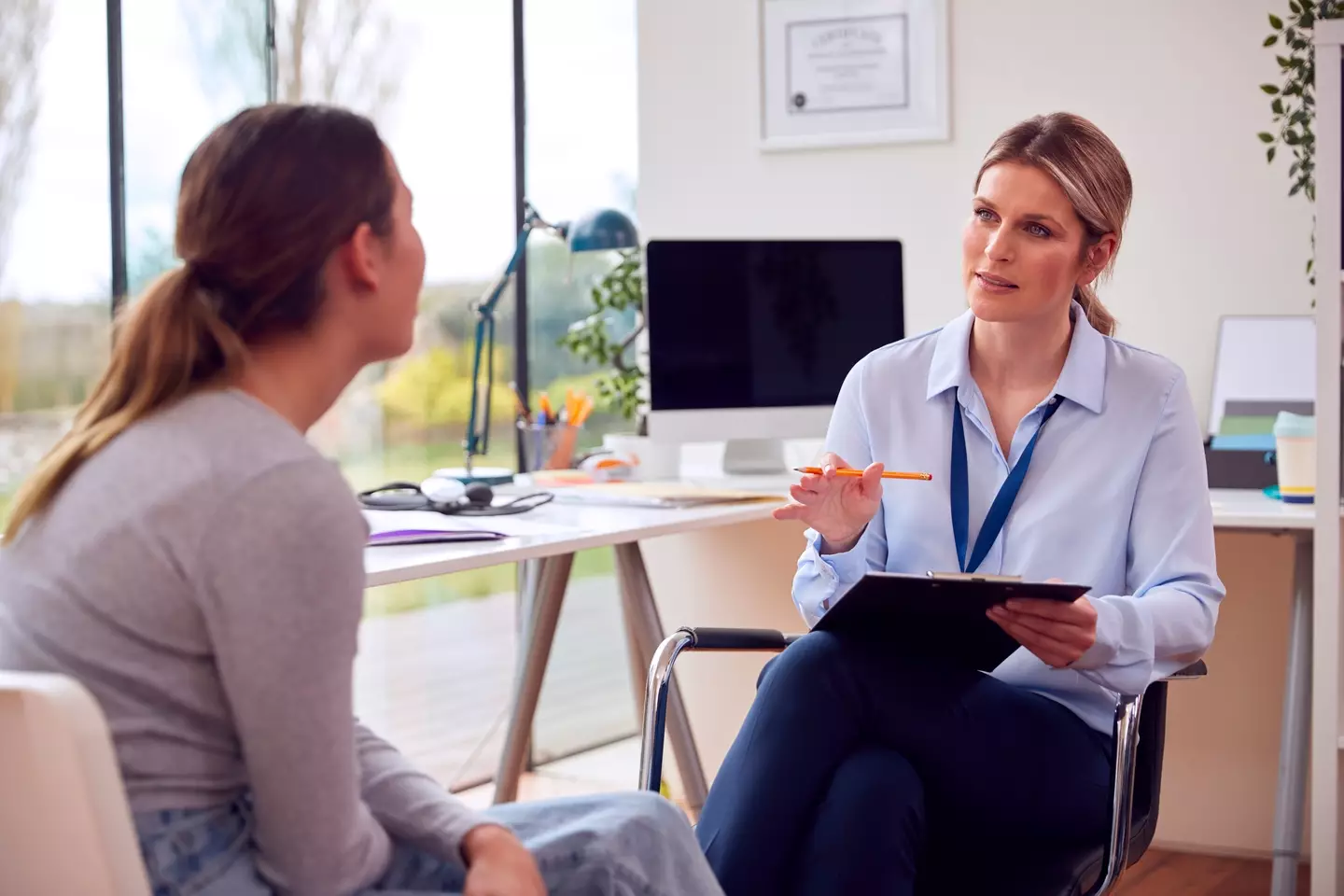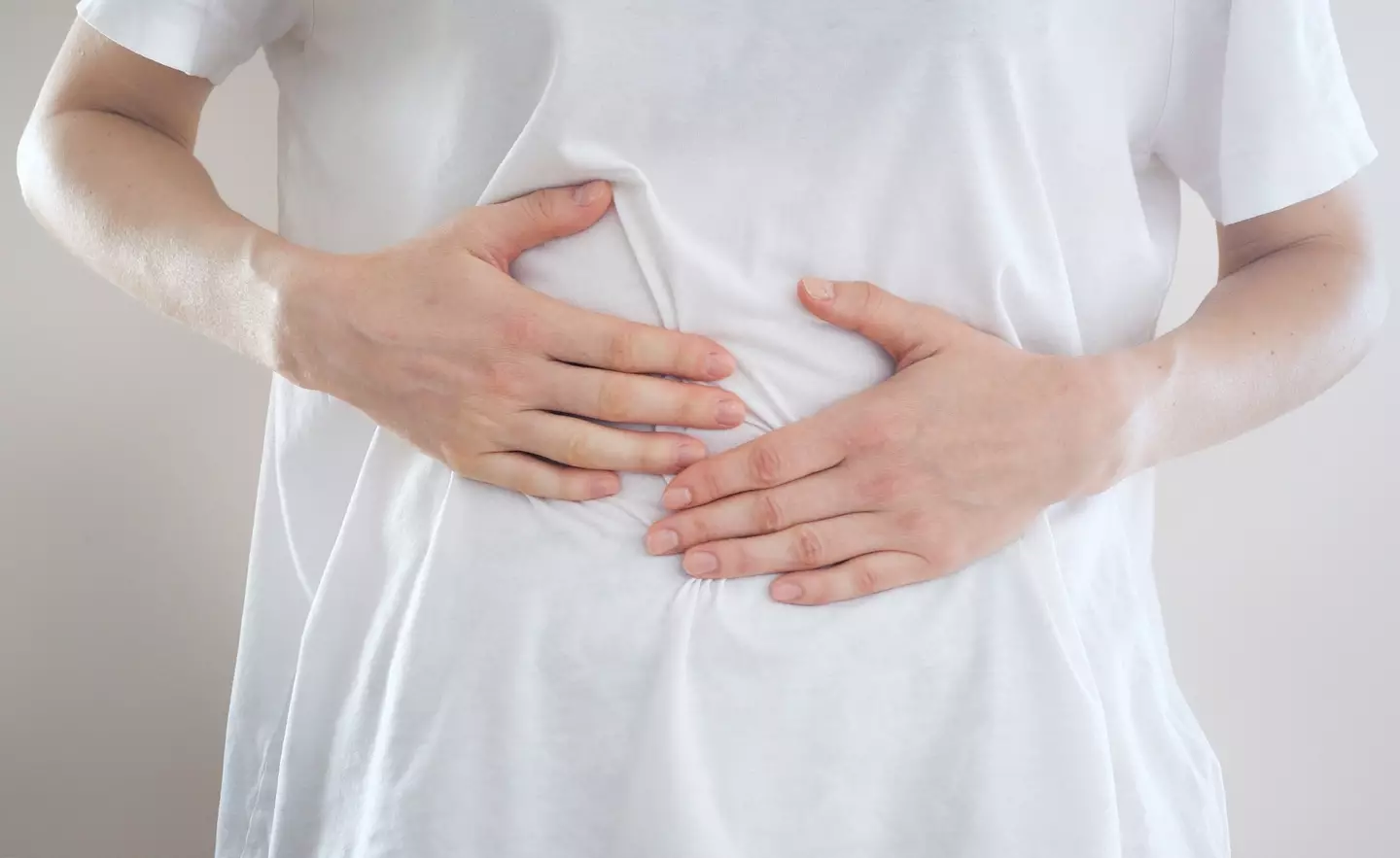
That’s right, ladies and gentlemen, we’re here to talk about poo. But don’t worry, it’s all in the interest of science.
If you’ve ever found yourself making a beeline for the toilet after eating a meal, you might think it’s just about making room.
You’re certainly not alone in having that sudden urge post-meal, but the reasons behind it are a little more complex than you might think.

Advert
A gastroenterologist from the US, Dr Joseph Salhab, has sought to clarify the issue on TikTok, revealing that “'it's not because this food is moving instantly throughout your gastrointestinal tract”.
He explains: "When you eat and you feel like you have to use the restroom right after this is something called the gastrocolic reflex."
According to VeryWell Health, the gastrocolic reflex is a natural reflex that’s activated when you eat, stimulating movement in your low gastrointestinal tract.
"It isn’t a disease or medical condition, but rather a normal reflex that helps your body make room for more food within your GI tract after eating," said VeryWell.
Advert
Dr Salhab elaborates on the reflex in his video, explaining that “your stomach stretches and then this sends signals to your brain which then sends signals to your colon.
"Your colon then begins to contract to make more room for the food, that reflex makes you have to use the restroom right after you eat. Because your colon normally houses stool and water, the stuff that's actually coming out is old digested food and water."
Some people are more sensitive to this reflex than others, and it’s often more pronounced in people who have irritable bowel syndrome (IBS).
For those not in the know, IBS “causes uncomfortable or painful abdominal symptoms" and "constipation, diarrhoea, gas and bloating”, according to Cleveland Clinic.
Advert
"Certain people after they eat get really bad abdominal pain or cramping and even diarrhoea because the contractions of the colon can be very powerful and very forceful," says Dr Salhab.

If you’re affected by an overzealous gastrocolic reflex, there are some things you can do to make it more bearable.
Following a low FODMAP (fermentable oligosaccharides, disaccharides, monosaccharides and polyols) diet is one way to figure out whether your gut is sensitive to particular foods and cut them out accordingly.
Advert
Dr Salhab also recommends avoiding “carbonated beverages, alcohol, certain citrus foods, sometimes dairy as well, and fried or fatty foods”.
As is often the case, maintaining a healthy diet with limited consumption of processed goods is a good rule of thumb to follow.
Everyone’s built slightly differently, of course, but the low FODMAP diet in particular can be a useful way to figure which foods do and don’t agree with you.
It can be distressing to be regularly caught short by an overactive gut, but hopefully this advice helps to ease the burden if you struggle with such things.
